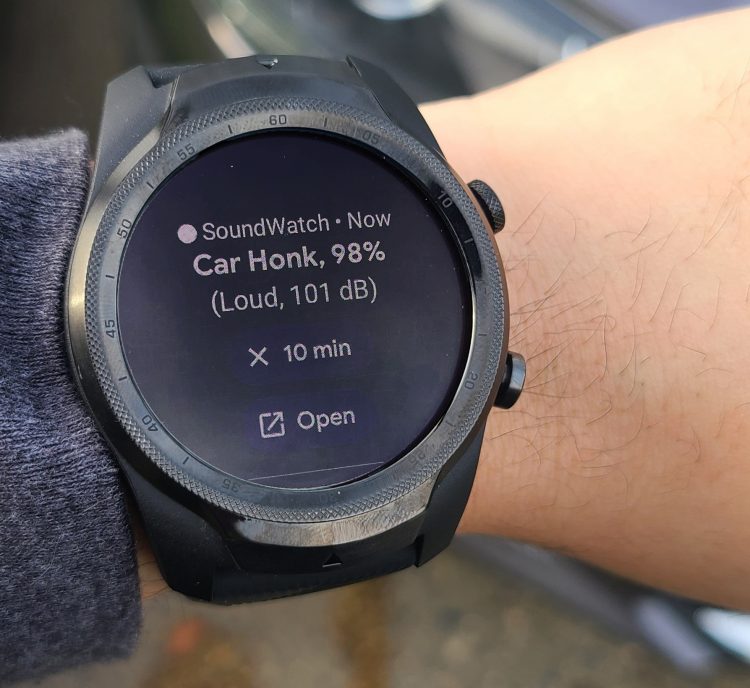June 6, 2023 Congratulations to Emma McDonnell on receiving a Dennis Lang Award from the UW Disability Studies program! McDonnell, a fourth year Ph.D. candidate in Human Centered Design & Engineering, is advised by CREATE associate director Leah Findlater. McDonnell’s research focuses on accessible communication technologies and explores how these tools could be designed to engage non-disabled people in making their communication approaches more accessible. She has studied how real-time captioning is used during videoconferencing and her current work is…
Category: Leah Findlater news articles
Findlater and co-authors receive 2020 Best Paper award for study of Voice Assistants by Older Adults
The Association for Computing Machinery announced the 2020 Best Paper Award goes to Use of Intelligent Voice Assistants by Older Adults with Low Technology Use, co-authored by CREATE associate director Leah Findlater, Alisha Pradhan and Amanda Lazar. The team conducted a 3-week field deployment of the Amazon Echo Dot in the homes of seven older adults to understand how older, infrequent users of technology perceive and use voice assistants. They observed consistent usage for finding health-related information, highlighting concerns about credibility of information…
CREATE faculty and students awarded at ASSETS 2020
Congratulations to UW CREATE faculty on multiple awards at ASSETS 2020, the International ACM SIGACCESS Conference on Computers and Accessibility! “The University of Washington has been a leader in accessible technology research, design, engineering, and evaluation for years. This latest round of awards from ACM ASSETS is further testament to the great work being done at the UW. Now, with the recent launch of CREATE, our award-winning faculty and students are brought together like never before, and we are already…
SoundWatch smartwatch app alerts d/Deaf and hard-of-hearing users to sounds

October 28, 2020 | UW News UW CREATE faculty members Jon Froehlich and Leah Findlater have helped develop a smartwatch app for d/Deaf and hard-of-hearing people who want to be aware of nearby sounds. The smartwatch will identify sounds the user is interested in — such as a siren, a water faucet left on, or a bird chirping — and send the user a friendly buzz along with information. “This technology provides people with a way to experience sounds that…
UW CREATE leadership at ASSETS 2020
UW CREATE has a large and quality presence at ASSETS 2020, the premier annual conference for accessible computing research. Drawing from three departments, University of Washington authors contributed to six papers and two posters to be presented at this year’s online conference. Three of our papers were nominated for best paper! Seven members also served in conference roles: two on the organizing committee and five on the program committee. The papers and posters span a variety of topics including input…
AccessComputing shares UW CREATE’s launch and work toward accessibility
CREATE faculty are already internationally recognized for their contributions to assistive technology and accessible computing; by bringing them together under one organizational roof, CREATE will enable synergies and foster collaborations that enable faculty and students to become more than the sum of their parts.
Four CREATE faculty receive Google Research Awards
UW News | March 16, 2020 Four UW CREATE faculty have been named recipients of Google Faculty Research Awards. The grants, among 150 Google recently announced, support world-class technical research in computer science, engineering and related fields. Each award provides funding to support one graduate student for a year. The recipients are Jennifer Mankoff, James Fogarty and Jon Froelich of the Paul G. Allen School of Computer Science & Engineering and Leah Findlater of the Department of Human Centered Design & Engineering. The goal of the awards is “to identify and strengthen…